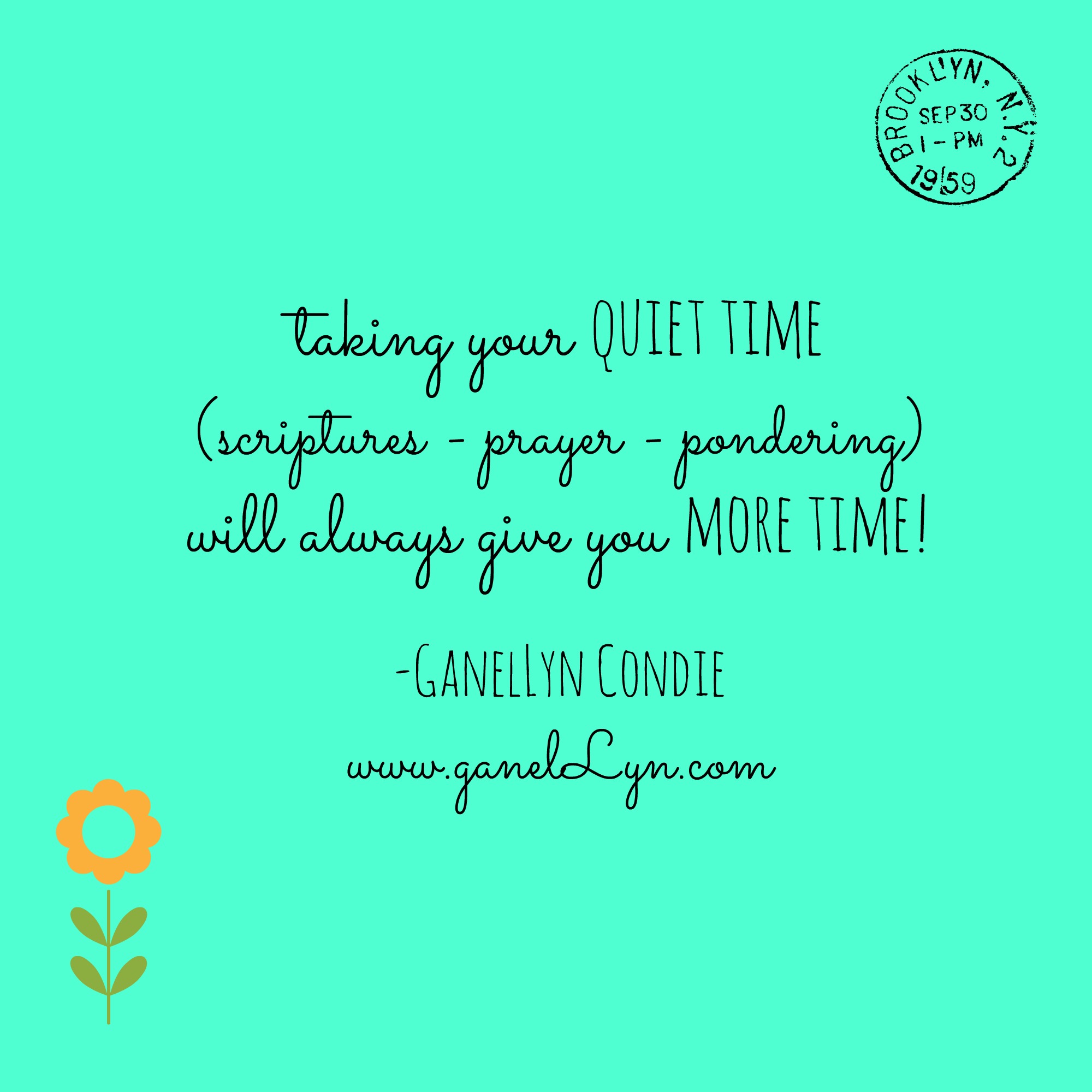“It really isn’t as complicated as we often make it out to be.”

I often encounter people, however, who want to begin a daily quiet time, but they aren’t sure how. They’ve perhaps tried before, but it didn’t last.
It really isn’t as complicated as we often make it out to be. The main thing is simply to do something, but in case you are one of those still wanting to but not sure how, let me offer a few suggestions.
Here are five easy steps to begin a daily quiet time:
Find the right place
Pick a place where you’ll be every day for your quiet time. Obviously, if you travel frequently this is more difficult, but the more routine you can make this the better. It should be as free of distractions as possible. This place will soon become very comfortable to you. I realize too, you may feel your life is too busy. I get it—I’ve lived in those seasons—and, still do many times. Don’t stress over perfection here, just strive for routine.
Schedule time

Pick a reasonable amount of time and put it on your schedule. If you use an electronic calendar like I do, you can set it to repeat the appointment everyday. Start with 15 minutes, maybe even 10. Five minutes in your “place” is better than nothing. The key at this point is consistency, so make sure you don’t burden yourself with something you will not do. By the way, it most likely will seem like a sacrifice at first, but keep the objective in mind. You need this. As you accomplish discipline, in a little time it will be easier to increase the time you spend.
Choose your goal
Ask first what you hope to achieve and base your format around it. For example, if developing intimacy with God in prayer is your goal, then you will probably choose to spend more time in prayer. You may also want to write down your prayers. If Bible knowledge is your goal, then you may want to choose to do a Bible study. And, if memorizing Scripture is one of your goals, you’re likely to be writing numerous index cards of various verses. You can change the goal over time and do combinations of each of these. It’s not what you do—but that you do it—which matters most.

Plan activities
Now that you have a goal, decide what you will specifically do in your time. Will you do a Bible study or simply read Scripture and pray? If your time is 15 minutes, for example, you could spend six minutes reading the Bible, three minutes talking to God, two minutes in silence, asking God to speak to you, and four minutes writing your thoughts at the time. If you choose the structure of a Bible study, you may need to allow more time, but again, the key is you decide before you start what you are going to do during this time. The idea is not to be mechanical or punch a clock here, but rather to provide structure, which will lead to productivity in building your God relationship. Again, don’t worry as much about what activities you are doing at this point, just do something.
Discipline
This is the absolute most important part. Commit to doing something consistently for at least 30 days. Every day—without exception—do it—whether you “feel” like it or not. If you miss the exact time, make it up later in the day. Again, it will require sacrifice. Habits and lifestyles form this way and you’ll need this discipline, because as soon as you attempt this dozens of obstacles will stand in your way.

Now I realize “easy” is not the best choice of words for this post, but I did want you to read it. Developing this time into your daily schedule will not be easy. Nothing of value is ever easy. The main objective for any of us, including pastors, is disciplining ourselves to do something every day. Over time, it becomes a habit that is easily repeated. Even better, it will soon become the best and most productive part of your day.
Help my readers out.
What tips do you have? When do you do your daily quiet time? What format are you using?




